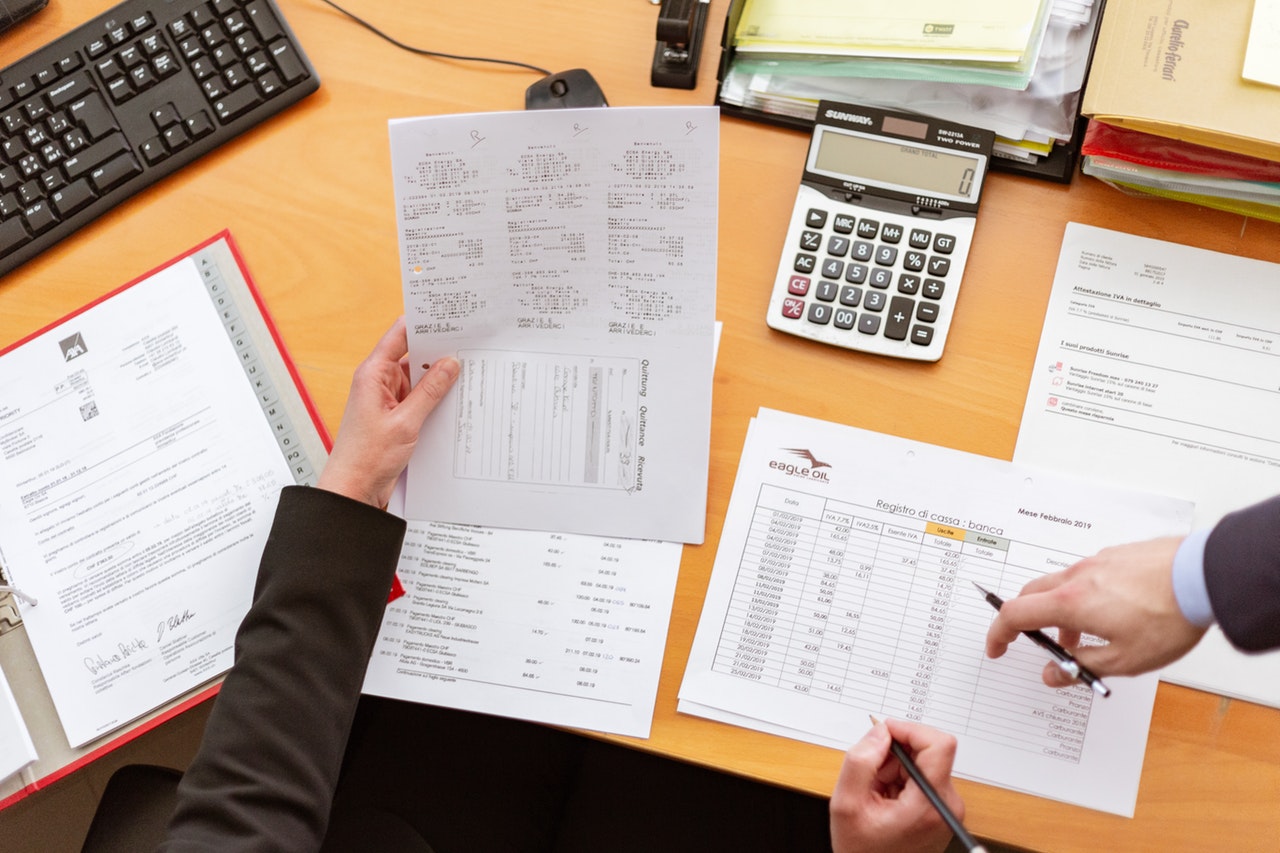

With tax season in full swing, it’s the perfect time for scammers to take advantage of people hoping for big returns when they file. Better Business Bureau Serving Metropolitan New York is offering tips and guidance to consumers looking for legitimate tax preparation services, just in time for Tax Identity Theft Awareness Week.
“You are ultimately responsible for your tax returns. If you hire a tax preparation service be sure they have the credentials to meet your needs,” says Claire Rosenzweig, President and CEO of BBB Serving Metropolitan New York. “Research the tax preparer and stay away if they claim they can get you greater returns than anyone else.”
By the final month of 2019, BBB had processed over 2,260 complaints nationally against tax return preparation services and related businesses (including accountants and CPAs preparing tax returns). For those complaints, the median disputed amount for which consumers sought BBB’s help was around $495.
BBB Metro NY offers the following tips to help consumers choose tax preparers they can trust:
-
Be sure your tax preparer is properly registered. In New York State, for any calendar year in which tax preparers will be paid to prepare one or more NYS tax returns or reports - or will facilitate a refund anticipation loan or refund anticipation check – those preparers must register with the New York State Tax Department.
-
Ask for the tax preparer’s IRS PTIN. Only tax professionals with an IRS Preparer Tax Identification Number (PTIN) are authorized to prepare or assist in preparing federal tax returns. You can search a directory of professionals with PTIN credentials on the IRS website at https://irs.treasury.gov/rpo/rpo.jsf.
-
Understand the tax preparer’s credentials. Tax preparers have differing levels of skills, education, and expertise. One important difference is “representation rights” – meaning whether the preparer is authorized to represent clients before the IRS regarding matters such as audits, collection issues, and appeals. Ask whether the preparer or that person’s firm is willing and eligible to help you with questions about how your tax return was done.
-
Look for red flags that signal potential problems. Avoid preparers who earn their money by charging a percentage of the refund amount. Be extremely wary of any return preparers who guarantee they can obtain larger refunds than other preparers or who promise refunds by a specific date: these can be signs that a preparer may be unscrupulous. Likewise, avoid preparers who decline to sign a return, or who insist on directing refunds into any bank account other than yours. Never sign a blank tax form.
-
Consider whether the tax preparer will be available in the future. Seek reliable preparers who can demonstrate they will be available for months, even years into the future to assist you if needed.
Ask for referrals. In addition to checking for a tax preparation service’s credentials and levels of ability, ask family and friend for referrals to trusted tax preparers. Additionally, look up reviews from prior customers.
Check the preparer’s business with BBB. Always check a tax preparation company’s BBB Business Profile on .
There are plenty of tax-related scams targeting people’s personal and financial information that escalate at this time of year. In a common fraud scenario, scammers will use convincing websites to pose as legitimate preparers and collect consumers’ personally identifying information. Once in possession of a consumer’s Social Security number, they can file for and fraudulently collect a tax refund under their name.
To avoid tax identity theft and other tax-related scams, BBB Metro NY offers these tips:
-
Always protect your personally identifiable information. This includes birth date, Social Security numbers, bank accounts, credit card numbers, etc. Don’t keep your personal information stored on unprotected computers, and don’t share this information with unfamiliar parties that you have not vetted. Maintain updated firewalls and anti-malware protection. Protect the same information for children or the elderly.
-
Check out a tax preparer’s website carefully. Look for working contact information and use a domain registration service such as www.whois.com to seek information about who operates the website. Scammers will sometimes set up web pages impersonating the IRS to gather people’s information.
-
File your taxes as early as you can. This helps to ensure scammers can’t file a fake return under your name. If the IRS sends you a letter saying that more than one tax return has been filed for you, that’s a red flag that your personal information was compromised.
-
Be wary of IRS imposters. Scammers may call and try to scare you into providing personal identity information. Don’t fall for it! See FTC tips about how to recognize IRS imposters and what to do here: https://www.consumer.ftc.gov/articles/0519-irs-imposter-scams-infographic.